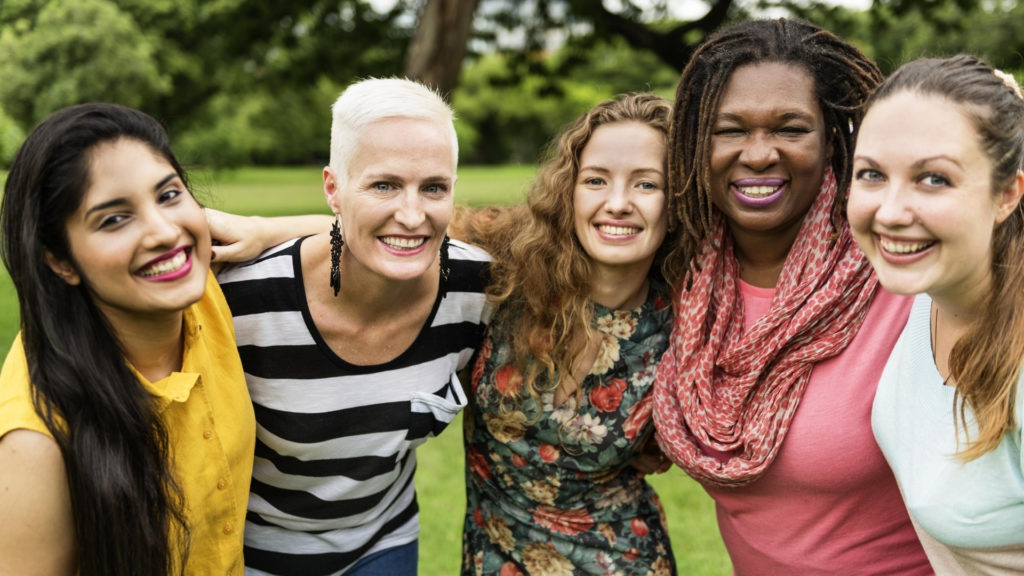October is National Breast Cancer Awareness Month, but increasing awareness and education is a year-round pursuit. Women in the U.S. get breast cancer more than any other kind of cancer except for skin cancer, even though breast cancer awareness has become a standard part of health education. And breast cancer doesn’t target a certain group of people—women and men of all ages are susceptible.
Here are the statistics: Each year, an estimated 200,000 women will be diagnosed with breast cancer, of which more than 40,000 cases will be fatal. About 1,700 men will be diagnosed with breast cancer, with 450 of those being fatal cases.
No one wants to hear a diagnosis of breast cancer—but it doesn’t have to be the end. One way to combat and deal with breast cancer is to understand it through asking questions and doing research. Being knowledgeable about breast cancer makes you more prepared and equipped to make smart decisions.
What Is Breast Cancer?
According to the National Breast Cancer Foundation, breast cancer is a disease in which malignant cells form in the breast tissue. While some groups are more at risk than others, breast cancer has no specific demographic.
What are some risk factors?
- Age: 65 years or older
- Being obese or overweight
- Poor diet and lack of exercise
- Early menstruation or late menopause; never having given birth or having your first child at an older age; taking birth control pills for more than 10 years if you’re less than 35 years old
- A family or personal history of breast cancer or a personal history of benign breast disease
- Dense breast tissue; past radiation therapy to the chest area; a history of hormone treatments
How Do I Know if I Have Breast Cancer?
Although breast cancer doesn’t typically cause pain in its early stages, paying attention to your body and how it feels is essential to early detection of breast cancer. If you notice a change in how your breasts or nipples feel (for example, tenderness or lumps) or a change in how your breasts or nipples look (size, shape, skin texture), see your doctor as soon as possible. All of these symptoms could point to cancerous growth.
When Should I Start Checking for Breast Cancer?
An early detection plan is essential to catching breast cancer before it becomes fatal.
As soon as you turn 20, start performing breast self-exams and paying attention to the appearance and feel of your breasts. Begin scheduling breast exams every three years.
By age 40, begin having a baseline mammogram and annual clinical breast exams.
At age 50 and older, have a mammogram every year.
Remember that you lead by example—discussing your own breast self-exams and doctor’s appointments can encourage other women to take care of themselves and look for signs of breast cancer.

